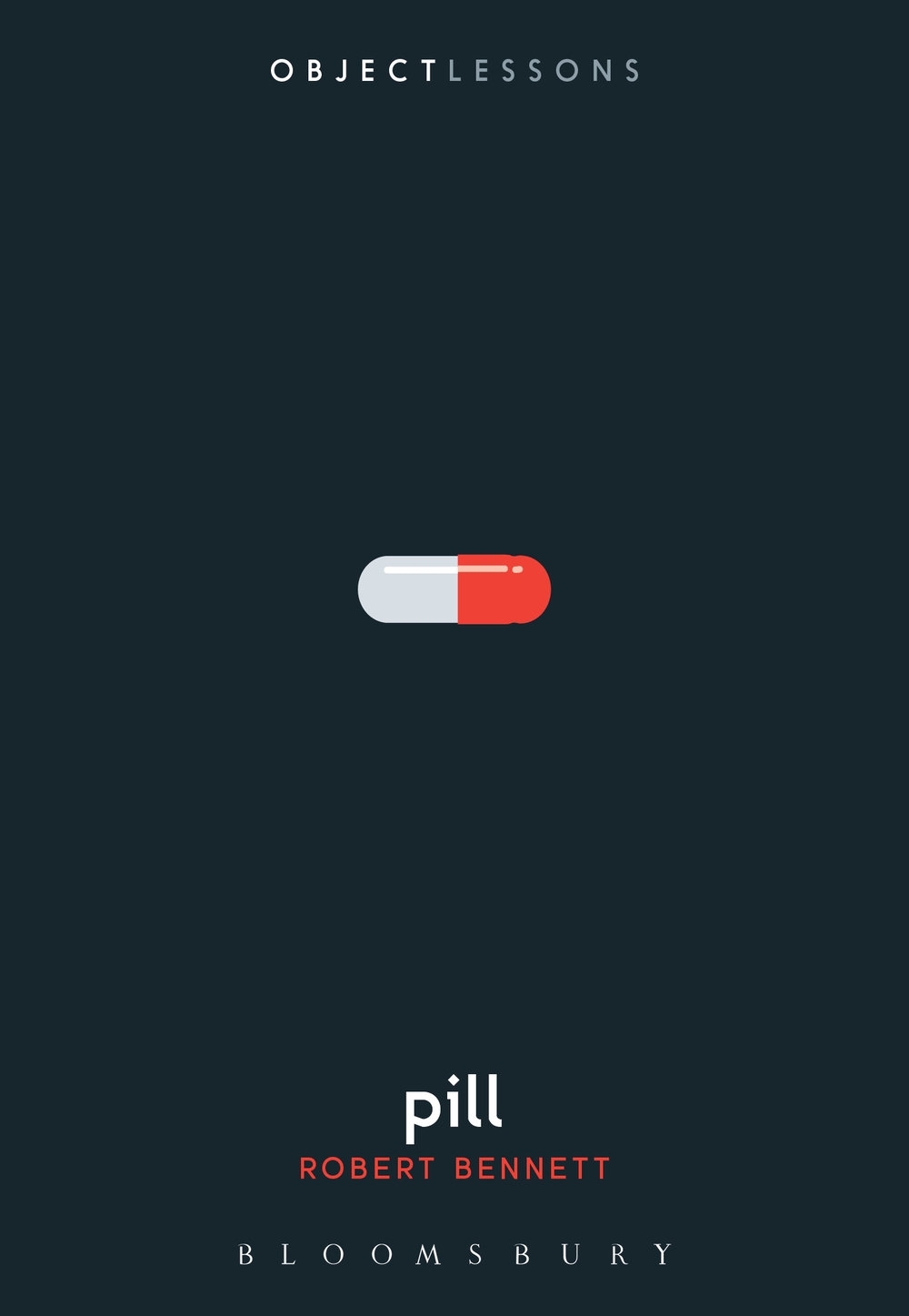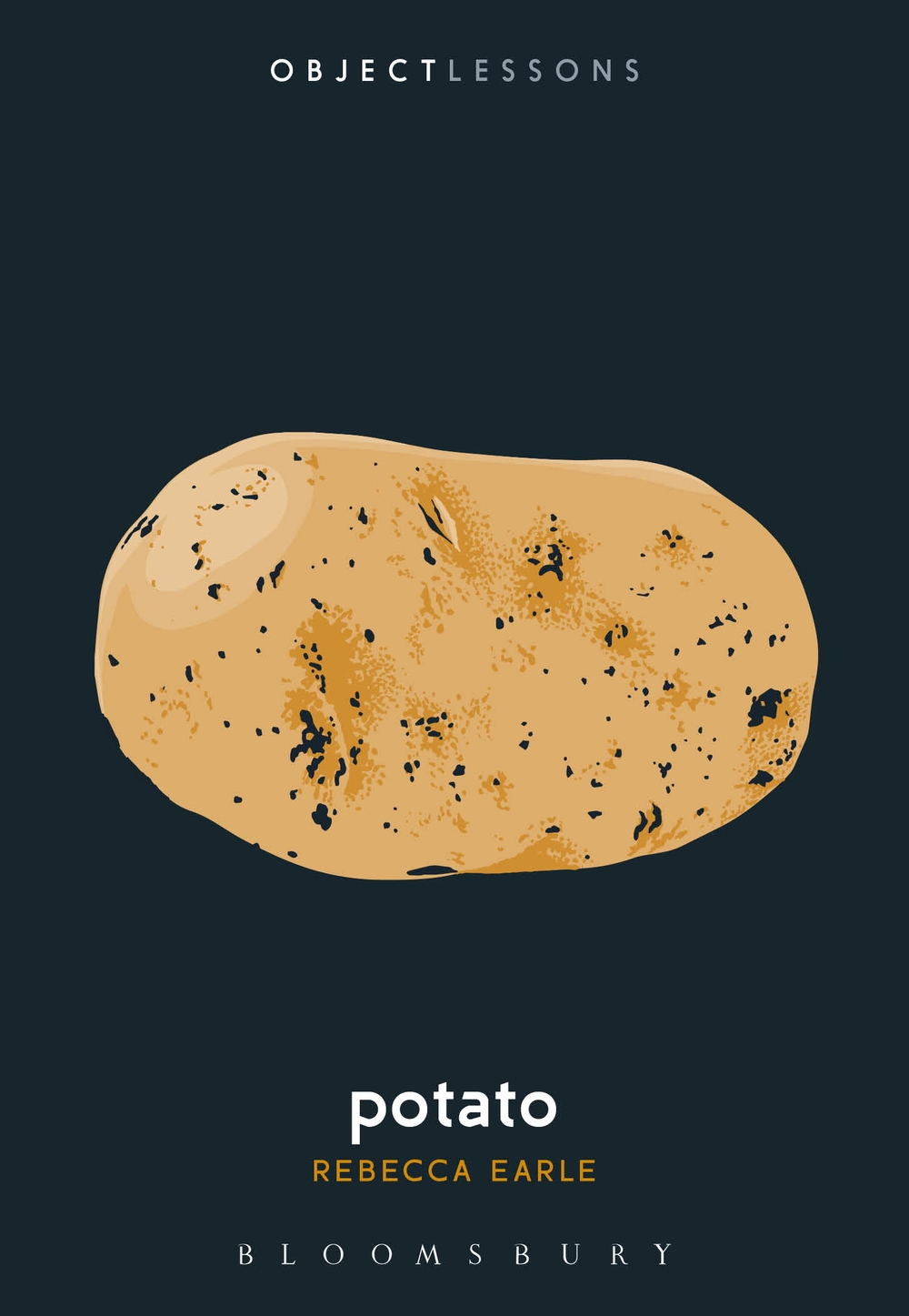
Fat
Public enemy. Crucial macronutrient. Health risk. Punchline. Moneymaker. Epidemic. Sexual fetish. Moral failing. Necessary bodily organ. Conveyor of flavor. Freak-show spectacle. Never mind the stereotype, fat is never sedentary: its definitions, identities, and meanings are manifold and in constant motion. In a culture in which fat is demonized in medicine and public policy, adored by chefs and nutritional faddists (and let’s face it, most of us who eat), simultaneously desired and abhorred when it comes to sex, and continually courted by a multi-billion-dollar fitness and weight-loss industry, it’s ironic that for so many people, “fat” is nothing more than an insult or a wail of despair. In Hanne Blank’s book we find fat as state, as possession, as metaphor, as symptom, as object of desire, intellectual and carnal. Here, “feeling fat” and literal fat merge, blurring the boundaries and infusing one another with richer, fattier meanings.

 Amazon
Amazon

